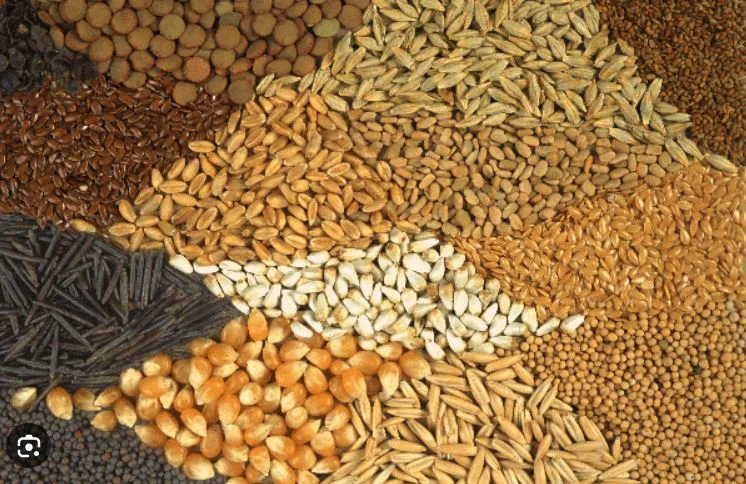Nigerian farmers have long contended with the spread of adulterated seeds in local markets. Sold as high-yielding varieties, these seeds have blighted productivity and slashed farmers’ income despite billions invested in the agricultural industry.
At the launch of a nationwide crackdown on fake seeds, the Minister of State for Agriculture and Food Security, Abdullahi Sabi, warned that substandard seeds pose a hurdle to Nigeria’s ambition of food self-sufficiency–unless farmers are fed with affordable, quality variants.
An estimated 70% of seeds sold in Nigerian markets are fake. As a result, almost 65% of farmers lack access to certified seeds, undermining their productivity.
The country’s average maize yield, for instance, is 1.9 tonnes per hectare, compared with 4.9 tonnes in South Africa and more than 11 tonnes in the United States.
The fallouts are staggering, with the wider economy losing millions of dollars annually to counterfeit seeds. As harvests shrink owing to the adulterated seeds, food shortages spread across the country.
Each year, Nigeria spends $10 billion importing food to fill the gap. As such, a slump in output consequently leads to a rise in imports, leaving hapless households to face the brunt.
Why adulterated seeds are widespread
The difference between adulterated seeds and genuine ones can be difficult to spot most times. This difficulty is what fuels the fraud. Fake seeds are often regular grains repackaged in branded bags and sometimes made to seem like treated seeds with the aid of dye.
Many shrunken seeds are recycled into the markets, oblivious to most farmers.
To change this, the National Agricultural Seeds Council of Nigeria is rolling out the Seed Codex, a digital scratch-and-text system that allows farmers to instantly verify the authenticity and breeder details of certified seeds before planting.
The council is also ratcheting up surveillance, with support from the Nigeria Security and Civil Defence Corps (NSCDC) and agro-rangers. As part of its nationwide monitoring exercises to stamp out the adulterated seeds , it’s urged farmers to report suspicious trades.
The crackdown is part of a broader 2025–2029 Strategic Plan to overhaul Nigeria’s seed industry. The reforms build on earlier policies, such as the Plant Variety Protection Act and third-party seed certification schemes.
The goal is to digitise the entire seed system, enforce stricter quality control and provide sustainable financing for seed companies.
Development partners such as Propcom have joined the fight and pledged to strengthen compliance to ensure that fake seeds are routed.
President Bola Tinubu has also approved interventions to supply genuine seed companies with premium varieties, with visible results expected within 90 days. The regulation is targeted at rebuilding hope in the promise of certified seeds.
Experts agree that no single input matters more than seed. It determines the potential of every harvest before fertilizer, irrigation, or mechanisation comes into play.
Summary not available at this time.






